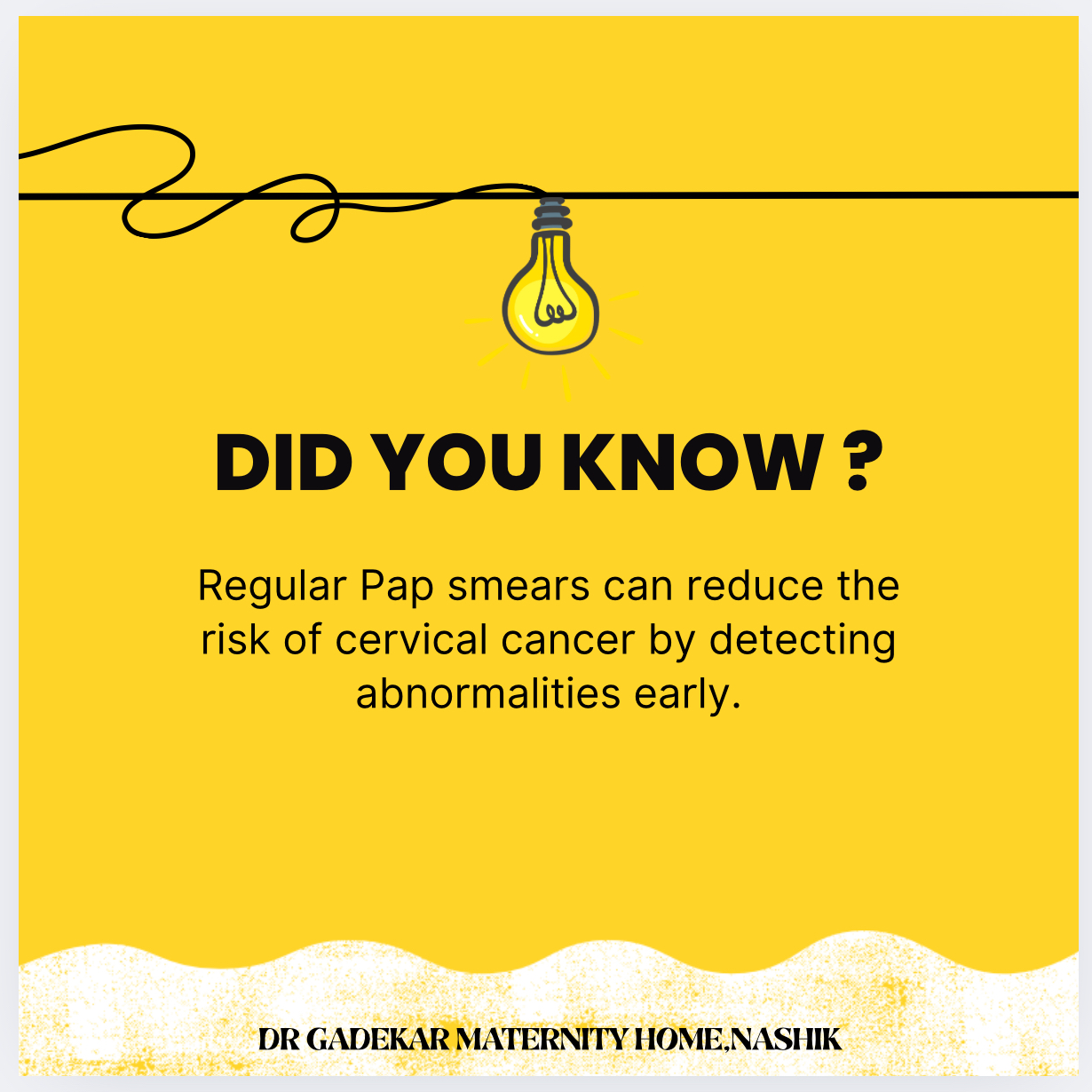+918043694530

This is your website preview.
Currently it only shows your basic business info. Start adding relevant business details such as description, images and products or services to gain your customers attention by using Boost 360 android app / iOS App / web portal.
PAP SMEAR

A Pap smear is a procedure that involves collecting cells from the cervix for testing. It also is called a Pap test. Healthcare professionals sometimes call it cervical cytology. A Pap test is often used to look for cervical cancer. Cervical cancer is cancer that starts as a growth of cells in the cervix. The cervix is the lower, narrow end of the uterus that opens into the vagina. Cervical cancer screening with a Pap test can find cervical cancer early, when it's more likely to be cured. In addition to looking for cancer cells, a Pap test also looks for cells that could become cancer in the future. If the test finds precancerous cells, treatments could help prevent cancer. The Pap test usually is done at the same time as a pelvic exam. During a pelvic exam, a healthcare professional checks the reproductive organs. Sometimes the Pap test may be combined with a test for human papillomavirus, also called HPV. HPV is a common virus that's passed through sexual contact. Most cervical cancers are caused by HPV. Sometimes the HPV test is used instead of a Pap test for cervical cancer screening. Recommendations for cervical cancer screening may depend on your age: In your 20s: Get your first Pap test at age 21. Repeat the test every three years. Sometimes the Pap test and HPV test are done at the same time. This is called co-testing. Co-testing may be an option starting at age 25. Co-testing is typically repeated every five years. After age 30: Cervical cancer screening after 30 often involves co-testing with a Pap test and HPV test every five years. Sometimes the HPV test is used alone and repeated every five years. After age 65: Consider stopping cervical cancer screening after discussing your health history and risk factors with your healthcare professional. If your cervical cancer screening tests haven't found anything that's not typical, you may choose to stop the screening tests. If you have certain risk factors, your healthcare professional may recommend Pap tests more often. These risk factors include: A diagnosis of cervical cancer. A Pap test that showed precancerous cells. Exposure to diethylstilbestrol, also called DES, before birth. HIV infection. Weakened immune system.

